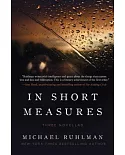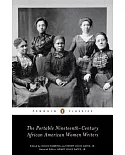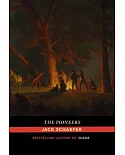Victor Pelevin is "the onlyyoung Russian novelist to have made an impression in the West" (Village Voice). A Werewolf Problem in Central Russia,the second of Pelevin's Russian
Booker Prize-winning short storycollections, continues his Sputnik-like rise. The writers to whom he isfrequently compared--Kafka, Bulgakov, Philip K. Dick, and JosephHeller--are all deft
fabulists, who find fuel for their fires insociety's deadening protocol.
"At the very start of the thirdsemester, in one of the lectures on Marxism-Leninism, Nikita Dozakinmade a remarkable discovery," begins the story "Sleep." Nikita'sdiscovery is that everyone
around him, from parents to televisiontalk-show hosts, is actually asleep. In "Vera Pavlova's Ninth Dream,"the attendant in a public toilet finds that her researches intosolipsism have dire and
diabolical consequences. In the title story, ayoung Muscovite, Sasha, stumbles upon a group of people in the forestwho can transform themselves into wolves. As Publishers Weeklynoted,
"Pelevin's allegories are reminiscent of children's fairy talesin their fantastic depictions of worlds within worlds, solitary soulstossed helplessly among them." Pelevin--whom Spin
called "a masterabsurdist, a brilliant satirist of things Soviet, but also of thingshuman"--carries us in A Werewolf Problem in Central Russia to a land of great sublimity and black
comic brilliance.





















